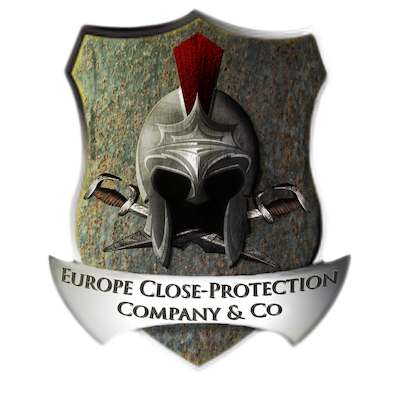EN:Private Security Regulation: the
European Level
European Union
No harmonisation of
legislation concerning the private security industry at the European level has
yet taken place. UNI-Europa and the Confederation of European Security Services
(CoESS) promote minimum requirements at the European level, and have achieved
the signature of several joint opinions on aspects such as licensing and
vocational training. A code of conduct for the private security sector has also
been signed, with the objective of raising standards and guaranteeing a high
level of professional ethics in this sector across the European Union. Nevertheless,
at present national regulations differ from one country to another and reflect
the different cultural environments.
It is, however,
important to stress that the lack of standardised European legislation on
private security companies does not necessarily denote a vacuum of relevant
rules at the European level. Indeed, European case law provides several
examples whereby the Commission of the European Communities has questioned the
regulation of PSCs by individual countries on the basis of the principles of
freedom of establishment, freedom to provide services and the free movement of
persons. In 2003 it was argued in the European Court of Justice that Spanish
legislation on private security did not comply with the principles of freedom
of establishment and the free movement of services as set out in Articles 43
and 49 of the Treaty. In another case,
the constraints that the Netherlands places on the private security companies
that wish to provide services on its territory were considered unjustified by
the Commission, and it was claimed that these constraints breached Directives
89/48/EEC and 92/51/EEC on a general system of professional recognition of
qualifications. Therefore, in these rulings, the European Court of Justice has
established its competence over matters related to the private security
industry, as it is considered an economic sector of the EU and therefore falls
under the regulation of the internal market.
 Whilst it is true
that no harmonised legislation yet exists on PSCs at the European level, some
areas of the private security industry are more regulated than others. For instance,
the providers of airport security fall under the EC regulation establishing
common rules in the field of civil aviation security, which therefore contains
some rules that directly affect private security personnel. Indeed, the
regulation states that all staff requiring access to security-restricted areas
will be
Whilst it is true
that no harmonised legislation yet exists on PSCs at the European level, some
areas of the private security industry are more regulated than others. For instance,
the providers of airport security fall under the EC regulation establishing
common rules in the field of civil aviation security, which therefore contains
some rules that directly affect private security personnel. Indeed, the
regulation states that all staff requiring access to security-restricted areas
will be
subjected to a minimum 5-year background check, and will
also receive regular training in aviation security.
Finally, it is
interesting to note that private security companies were excluded from the
recent EU Directive for services in internal market. CoESS argued that the
specific nature of private security services, in particular its close links to
the issue of public security, and the necessity for strict conditions for
entering the market (for example the screening of private security employees)
necessitates specific exceptions that could not be sufficiently taken into
account in the general directive. CoESS has, however, stressed the necessity of
achieving a common ground for the regulation of the private security industry.
In particular, CoESS has highlighted the fact that an overview of EU member
states demonstrated that 'the level of effective security is positively
correlated to the level of regulation. This underlines the importance of
achieving a harmonisation of the regulation on private security companies at
the European level, and in particular the need for high standards at this
level. The European dialogue that has taken place in recent years is
encouraging, as is for example the recognition by the European Council of the
need for greater cooperation between the competent national authorities of
member States responsible for the private security sector.
In terms of the
EU external policy, the EU acknowledges that private security companies
constitute a part of a state’s security system. Therefore, policies which
target PSCs can be included in EU enlargement, integration and external
assistance policies. Nevertheless, the EU's most recent communication on
security sector reform does not elaborate on how PSCs can be fruitfully
targeted.
Council of Europe
Although the Council of Europe has hardly adopted any
regulation specifically on private security companies, it has adopted a wide
array of conventions and recommendations which have relevance for the
functioning of PSCs in CoE member States. For the most part these conventions
and recommendations are related to the protection of human rights and the preservation
of the rule of law in CoE member States. In this section these conventions and
recommendations will be briefly discussed. It is important to mention that a
CoE convention has a binding force for those member States which have ratified
the convention. Recommendations, on the other hand, only have an advisory
effect.
WebSite:
Facebook page :
Official E-mail

Nessun commento:
Posta un commento